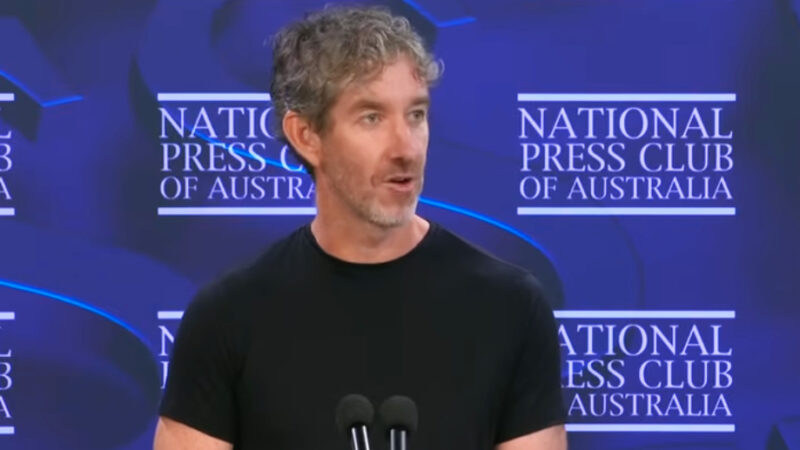Call for AI compensation fund in copyright fight
The Copyright Agency has called for a government-mandated scheme to compensate Australian creators for the predations of AI companies overseas.
The call comes after Atlassian co-founder Scott Farquhar last week demanded an overhaul of copyright laws that he said were preventing billions of dollars of AI investment into Australia.

Scott Farquhar gives his Press Club speech
The Copyright Agency – a not-for-profit that distributes funds to thousands of copyright holders in Australia – rejected Farquhar’s idea and said the government should be charging big AI companies instead.


If Scott Farquhar wants to access original Australian content for LLM for AI – why not do deals and pay for it!
It’s that simple.
If you don’t want to pay for it then forget about it.